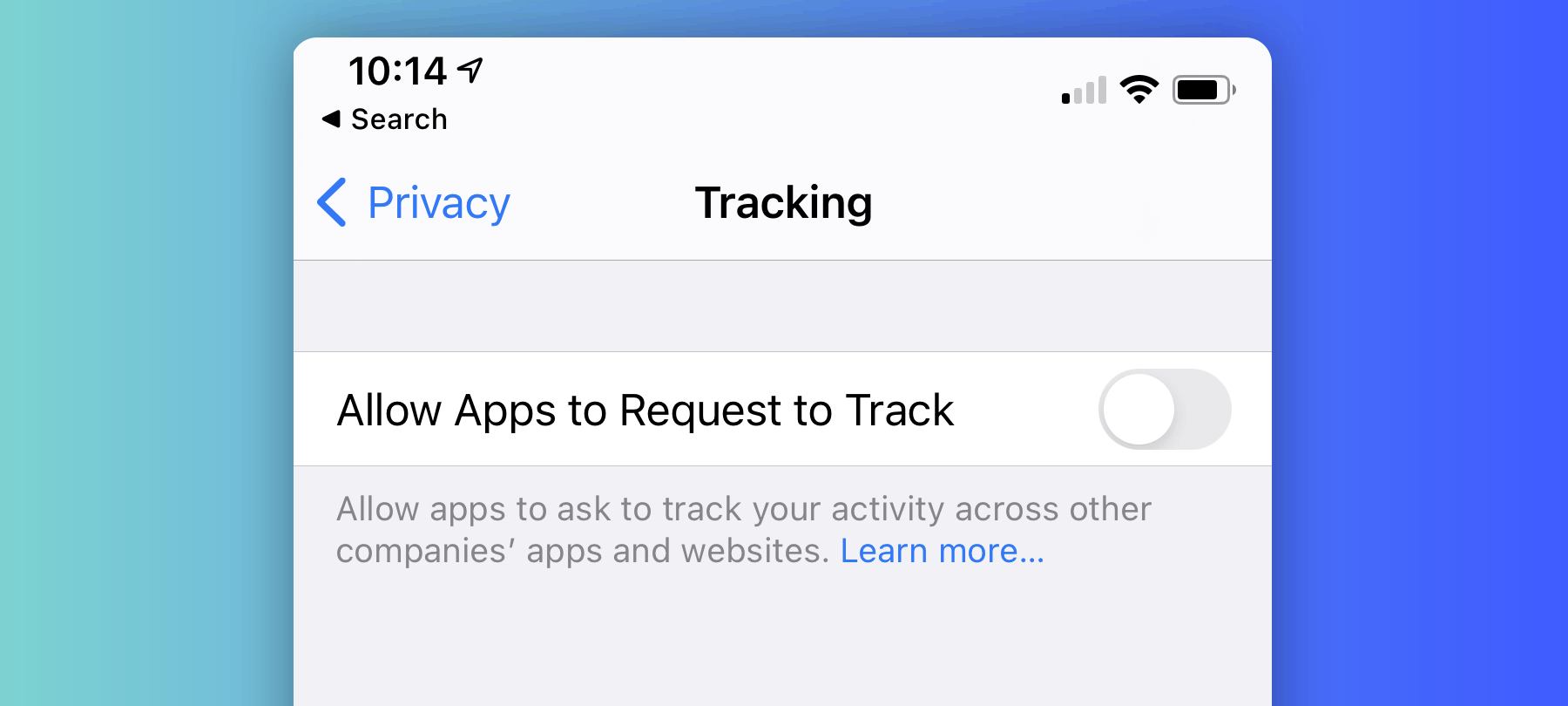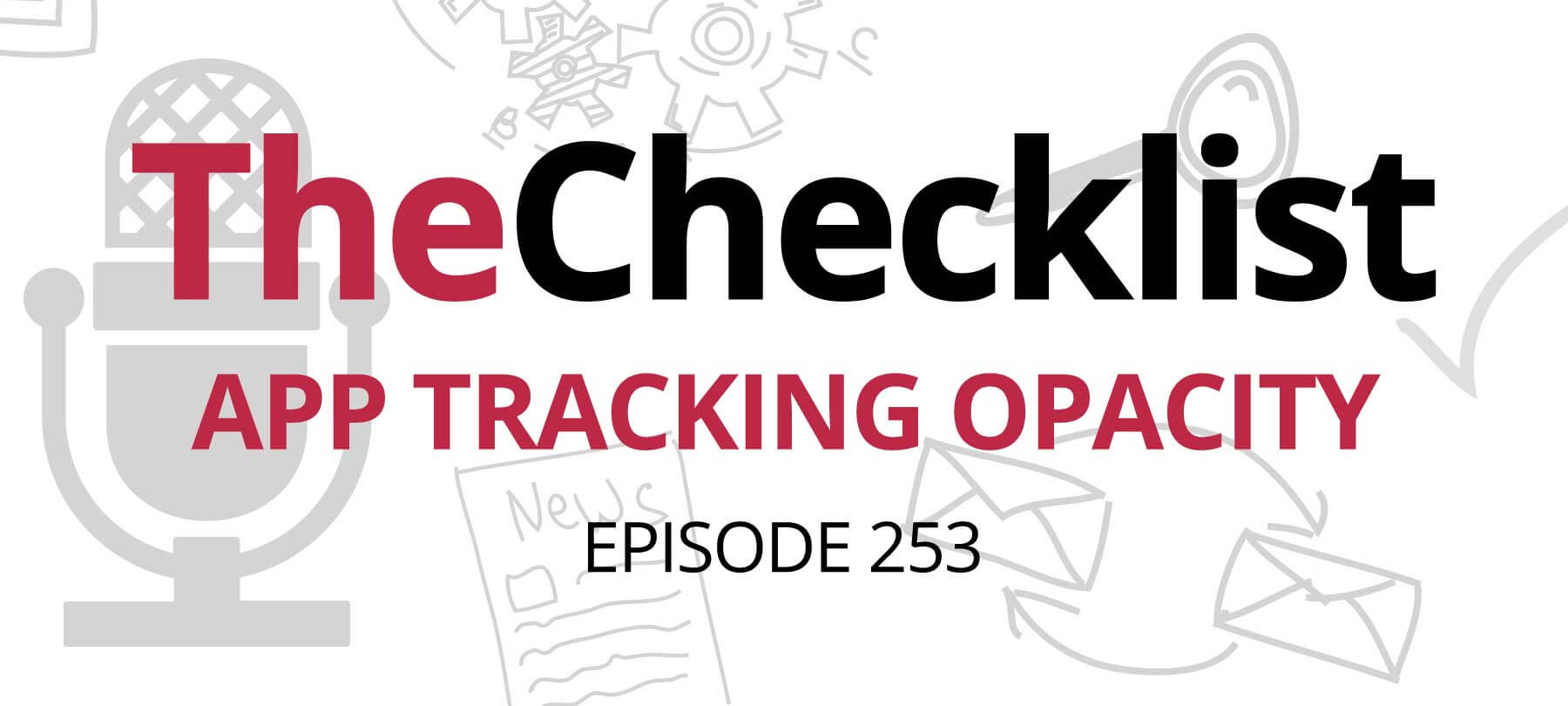
Is mobile sensor data the future of tracking?
You’ve probably heard about apps that access your location information and your web activity for marketing purposes. But recently, a new privacy concern has surfaced: the prospect of apps that use mobile sensor data to do the exact same thing!
In this short article, we’ll introduce you to this emerging phenomenon, tell you how it works, and offer some thoughts about the future of privacy.
What is mobile sensor data?
Our mobile devices contain hardware sensors that generate data about the physical behavior of our devices. For example, an iOS device’s accelerometer measures changes in velocity along any one of three axes; its magnetometer can be used to ascertain the cardinal direction that the device is facing; the onboard gyroscopes help to determine device rotation.
This data can be accessed by app developers through Apple’s Core Motion framework, and used to provide functionality for apps and a better experience for users.
How is mobile sensor data used?
It’s easy to see why some app developers would need access to our sensor data — and how this access benefits us. Imagine, for example, a video player app that couldn’t tell if you were holding your device horizontally or vertically; a workout app that was unable to determine how fast you were running; or a map app that didn’t know which direction you were facing. Such apps would be missing core functionality, and would likely be extremely frustrating to use as well!
However, as our experience with location data has shown, even apps that don’t need a particular form of data have a nasty habit of collecting it anyway — and then analyzing, sharing, or selling that data in order to profile users and serve them targeted advertisements.
How do marketers want to use sensor data?
Several startups are now offering services based on mobile sensor data to companies and app developers. The basic idea is that mobile sensor data can be used to infer what a user is doing, and in this way provide “behavioral context” to how they’re interacting with your app. This information can then be used to make decisions about how to interact with users in the app, what sorts of content and ads to show them, and so forth. Over time, sensor data also creates a behavioral profile of a user: a profile that can then be used to place them in an audience segment for targeted advertising or communications. Advertisers may not be able to target you as a member of a demographic or location group, for example “women aged 30-45” or “people who live in London”, but they may be able to target you as someone who stays up late at night or has walking habits characteristic of dog owners.
To offer an actual example, a startup company called Neura says that their service can help to determine user routines such as “waking up, leaving home, commuting to work, and arriving to the gym”, and that this knowledge allows businesses “to deliver timely and relevant interactions, driving increased engagement and retention”.
Neura also explains that since “every user has a distinct lifestyle—a morning commuter, a workaholic, an avid runner, a student, a stay-at-home-parent”, they can be separated into audience segments “based on each user’s unique lifestyle and behavioral traits”. This allows Neura’s clients to “send gaming notifications to Morning Commuters as they get on the train and tailor specific campaigns to Fitness Enthusiasts, Hard Workers, and users that are Sleep Deprived”.
Is this a threat to privacy?
It’s difficult to gauge the extent to which this new use of sensor data threatens the individual user’s privacy, especially as this phenomenon is still in its infancy.
Companies like Neura (including competitors NumberEight and Sentiance) all say that they value user privacy, and that they take data security seriously. NumberEight, for example, notes that its platform processes all sensor data on the user’s device, which means that they don’t transmit user data or retain it on their servers. Sentiance highlights a case study in which their platform provided mobile sensor data to support a program aimed at improving driver safety, and stresses that all of this data was anonymized.
But even if some companies handle data responsibly, there is no guarantee that others will do the same — especially if sensor data intelligence becomes the “next big thing” in digital marketing, with countless new companies looking to cash in on the trend. In addition, skeptics might argue that in the history of mobile tech, there have been plenty of cases in which supposedly anonymized data turned out, in the end, to be a little less anonymous than advertised!
Beyond privacy issues, some observers might also have social concerns about the potential misuse of the behavioral profiling and audience segmentation capabilities made possible by sensor data; there have already been similar misuses of the ad targeting tools provided by Facebook and major video streaming services.
Finally, there’s another, more human factor to consider, although it’s admittedly harder to quantify: many people are sick and tired of being tracked, profiled, and marketed to every time they pick up their phones. Large numbers of users are looking to reclaim their privacy, and this has driven recent privacy enhancements in iOS 14 and Safari — enhancements that, ironically, may be fueling the current rise of sensor data tracking, as advertisers attempt to replace the data insights that they’re losing.
If marketers and app developers are no longer able to track users directly, they may turn to behavioral context and profiling as the next best thing. Some day, Apple may have to tackle sensor data privacy in the same way that they have addressed location data concerns in recent years. We’re still in the early stages of this new and somewhat worrisome use of sensor data, but it’s definitely an issue for privacy-conscious users to be aware of, and to watch out for in the future.



